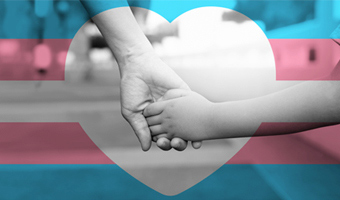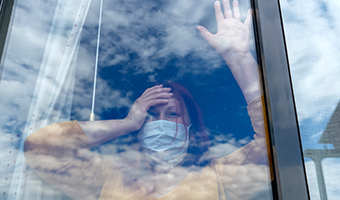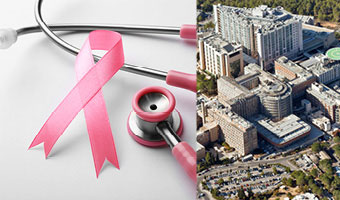This time Member of Knesset (MK) and former nurse Shuli Mualem got personal: “I don’t often get the opportunity to speak about my time defeating breast cancer, but I feel privileged to share my experience here, among women active in their communities, at this conference that joins the medical and the ritual.”
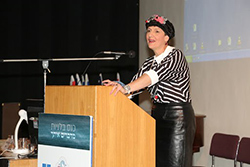
Shuli Mualem
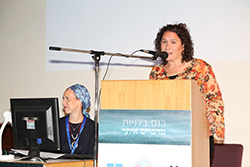
Dr.Tamar Elram
In sponsoring this conference, Hadassah joined forces with the Eden Center for Mikveh and Women’s Wellbeing, as well as the Tahareinu Organization for Medical and Ritual Guidance, with the goal of advancing women’s health through the work of ritual bath attendants. In Israel more than 750,000 women visit the mikveh each month. In Jerusalem alone, 30,000 women visit the mikveh monthly.
Three hundred women from throughout the country gathered at Hadassah Mt. Scopus to learn how their role as mikveh attendants can be utilized to improve the health of other women. “Part of Hadassah’s mission,” said Dr. Tamar Elram, Director of Hadassah Mt. Scopus, “is the advancement of women’s health, and we realize the importance of local activists in this role, in addition to physicians. We are all part of the same continuum dedicated to advancing women’s health.”
“As emissaries for women’s health, your reach is felt in every part of the country,” said Dr. Dvora Bauman, a senior gynecologist at Hadassah and director of Hadassah’s Bat Ami Center for Victims of Sexual Abuse.
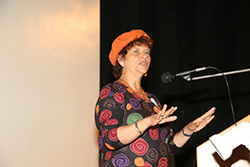
Dr. Dvora Bauman
“I am going back to my community and my work as an attendant with tools to help Jewish women,” noted Hadas, an attendant from the north of Israel. “The medical experts at the conference made me feel empowered to ensure the health of the women who frequent the mikveh. Thank you for this opportunity to gain from your medical expertise.”
Learn more about the Hadassah Medical Organization.


